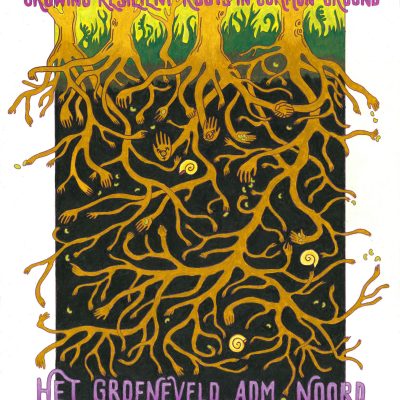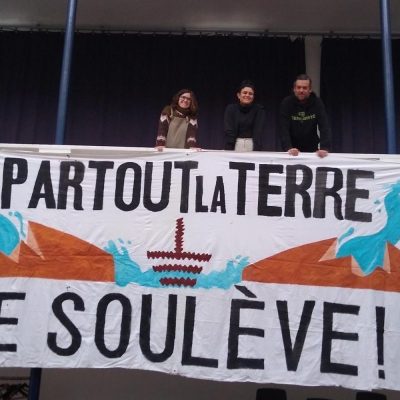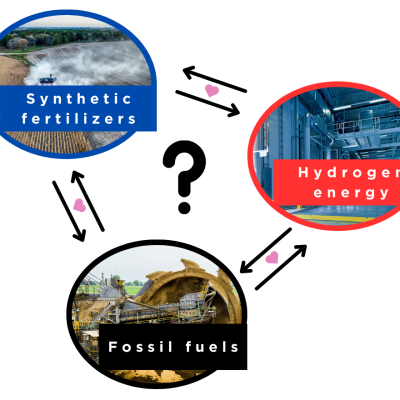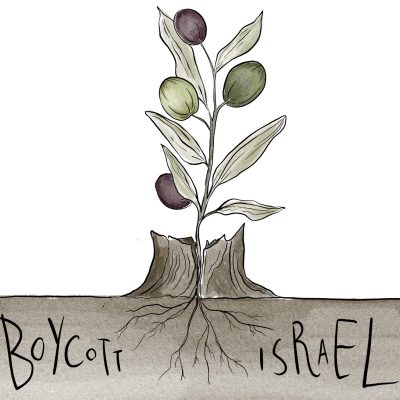The Monsanto Tribunal will take place between 14 and 16 October 2016 in The Hague. What are the links between it and ASEED and what is this all about?
First, how did it start ?
The Monsanto Tribunal started as simple, yet very ambitious idea : transnational corporations cannot remain above laws and keep on causing enormous damages to the environment and to communities all around the world. Indeed, it is currently impossible under law to bring criminal charges against a company like Monsanto or its management, for their crimes against human health and the integrity of the environment.
As stated on the Monsanto Tribunal Website:
« Each year, Monsanto spends enormous amounts on legal defense to fend off the case brought by the victims of its activities. This does not encourage the company to change its practices. So long as it remains more profitable for shareholders to take risks in the community – even if that means compensating the victims occasionally – these practices will persist. »
Other civil society’s initiatives have been set up in the past following this idea, such as the Permanent People’s Tribunal. A current session of the TPP is indeed examining the Canadian mining industry.
After months of mobilisation, more than 300 organisations have already signed their support to the Monsanto Tribunal, including big names like La Via Campesina, Slow Food, the Organic Consumers Association, Greenpeace International, several Pesticide Action Networks… The list also counts a lot of smaller grassroots NGO’s, citizens’ groups, movements and unions. ASEED is of course also on the list, together with seed saving networks from Latin America, farmers unions from Burkina Faso, CSA farms from France or Belgium…
ASEED and the Monsanto Tribunal
Supporting the Monsanto Tribunal makes a lot of sense for ASEED. Over the course of the years, we have been relentlessly campaigning against GMO’s and toxic soy imports from Latin America, for a better seed legislation and for sounder food systems. ASEED’s position has always been miles away from the industrial agriculture model embodied by Monsanto. A few years ago, people from ASEED even made some short movies in Paraguay, Argentina and the Netherlands about soy cultivation victims. They also tackled the issues raised by Monsanto’s activities in that field. ASEED intends to share these documents with the Tribunal to contribute to the process. Individuals and groups can do the same and submit information or testimonies to the Tribunal here: http://www.monsanto-tribunal.org/testimony
2 parallel events : a Tribunal and a People’s Assembly
On the Monsanto Tribunal’s side, Judges are being recruited, cases for the trial are being built and the list of individual signers is growing everyday. Having ‘celebrities’ in the steering committee is a huge factor to get people’s attention, but it does not do it all. There is also a lot of practical work done to prepare both the Tribunal and the parallel People’s Assembly. The latter will provide the opportunity for social movements to rally and plan for the future we want.
A draft programme for the People’s Assembly, based on the forms sent by interested organisations, will be made public soon. Participating in the People’s Assembly is indeed another opportunity for ASEED to support the process and help to create and maintain bounds between groups from many different countries – unless we offer our services to implement the verdict if Monsanto is found guilty.
How will the Tribunal function ?
The tribunal itself will work around questions connected to the six following areas :
- Right to a healthy environment :
Did the firm Monsanto violate, by its activities, the right to a a safe, clean, healthy and sustainable environment, as recognized in international human rights law (Res. 25/21 of the Human Rights Council, of 15 April 2014), taking into account the responsibilities imposed on corporations by the Guiding Principles on Business and Human Rights, as endorsed by the Human Rights Council in Resolution 17/4 of 16 June 2011? - Right to food :
Did the firm Monsanto violate, by its activities, the right to food, as recognized in Article 11 of the International Covenant on Economic, Social and Cultural Rights, in Articles 24.2(c) and (e) and 27.3 of the Convention on the Rights of the Child, and in Articles 25(f) and 28.1 of the Convention on the Elimination of All Forms of Discrimination against Women, taking into account the responsibilities imposed on corporations by the Guiding Principles on Business and Human Rights, as endorsed by the Human Rights Council in Resolution 17/4 of 16 June 2011? - Right to health :
Did the firm Monsanto violate, by its activities, the right to the highest attainable standard of health, as recognized in Article 12 of the International Covenant on Economic, Social and Cultural Rights, or the right of child to the enjoyment of the highest attainable standard of health, as recognized by Article 24 of the Convention on the Rights of the Child, taking into account the responsibilities imposed on corporations by the Guiding Principles on Business and Human Rights, as endorsed by the Human Rights Council in Resolution 17/4 of 16 June 2011? - Freedom of expression and academic research :
Did the firm Monsanto violate the freedom indispensable for scientific research, as guaranteed by Article 15(3) of the International Covenant on Economic, Social and Cultural Rights, as well as the freedoms of thought and expression guaranteed in Article 19 of the International Covenant on Civil and Political Rights, taking into account the responsibilities imposed on corporations by the Guiding Principles on Business and Human Rights, as endorsed by the Human Rights Council in Resolution 17/4 of 16 June 2011 ? - Complicity in warcrimes :
Is the firm Monsanto complicit in the commission of a war crime, as defined in Article 8(2) of the Statute of the International Criminal Court, by providing materials to the United States Army in the context of operation “Ranch Hand” launched in Viet Nam in 1962? - Crime of ecocide :
Could the past and present activities of Monsanto constitute a crime of ecocide, understood as causing serious damage or destroying the environment, so as to significantly and durably alter the global commons or ecosystem services upon which certain human groups rely?
Working groups are already assessing Monsanto’s impact in these fields, gathering information and preparing legal briefs.
A Bayer Tribunal ?
On June 8th, the steering committee has addressed an open letterto BAYER CEO Werner Baumann in response to his recent comment « We are aware of Monsanto’s reputation ». The $62 billion takeover offer from Bayer AG has been rejected by Monsanto, but a compromise could be found between the to giant corporations.
In any case, « Monsanto will serve as an example for the entire agro-industrial system whereby putting on trial all multinationals and companies that employ entrepreneurial behavior that ignore the damage wrecked on health and the environment by their actions. »
How to support Monsanto Tribunal ?
The Monsanto Tribunal does not have a provision of $62 billions and strongly relies on people’s and organisations support to make it a success. You can help the Tribunal in different ways : by signing your support online, by spreading the word and following them on the social media and by making a donation, no matter how much you can chip in.









